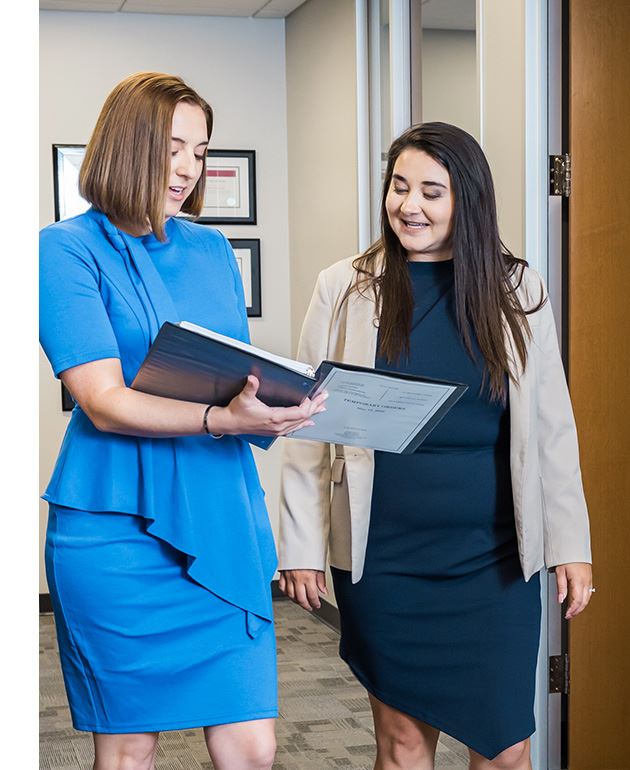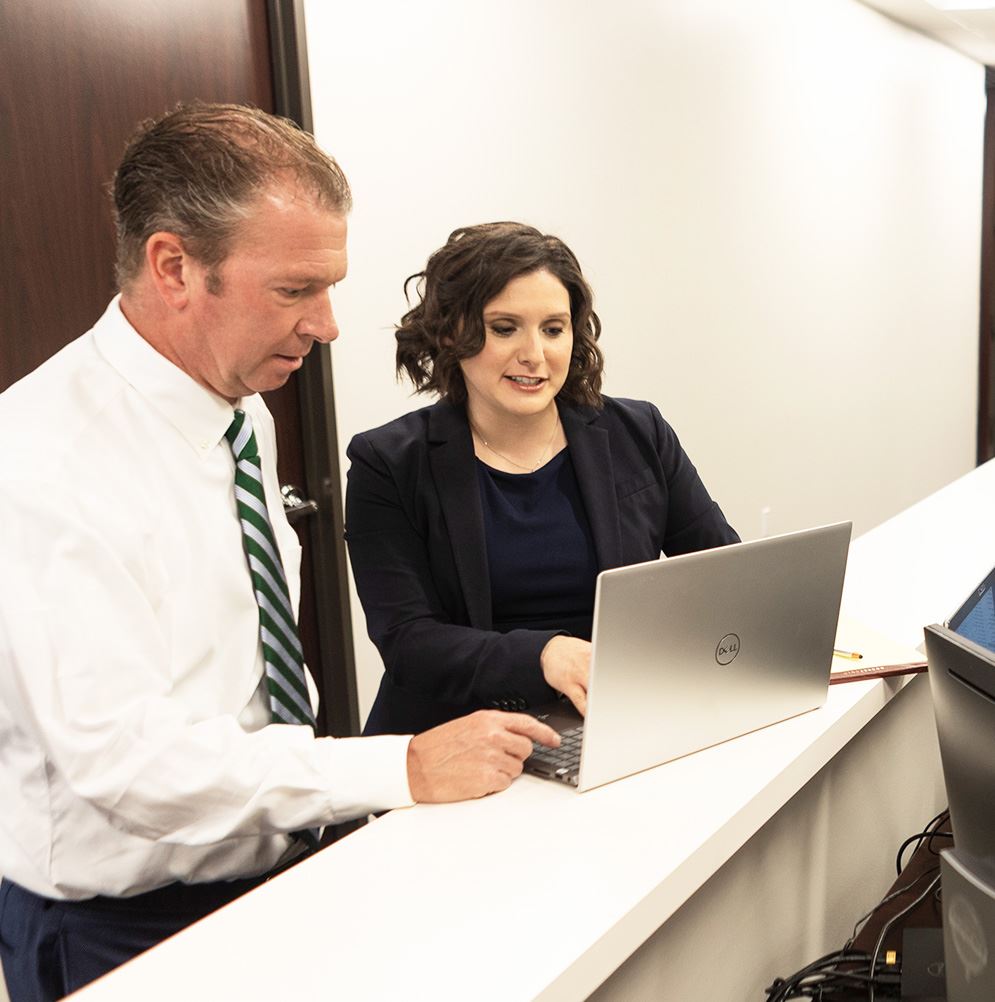
Houston Estate Planning Attorneys
Safeguarding Your Legacy & Preserving Your Estate
Although most people find the estate planning process unpleasant, having a comprehensive estate plan is vital if you want to safeguard your assets and pass on property friends, family and loved ones.
Estate planning and probate are complex legal processes many people find difficult to handle on their own. At Diggs & Sadler, our Houston estate planning and probate lawyers can help you draft a thorough estate plan and navigate probate more easily.
To schedule a consultation with our team, contact us online or via phone at (713) 766-5355.

"She solved my problem quickly"After a grueling, expensive experience with 2 other lawyers on the same issue I finally got a referral from a friend to get help from Cindy Diggs.
- Former Client


How Does Probate Work in Texas?
When an individual dies, their estate enters probate. During probate, a probate court tries to ensure that the decedent's property gets distributed according to their wishes, as recorded in their last will and testament.
In most last wills and testaments, the testator names an individual as the "executor" of their estate. The executor is someone the testator trusts to preserve their legacy and carry out their last wishes.
If the testator fails to name an executor, the probate court may appoint one on their behalf (often a heir of the testator).
Regardless of how you want to handle your estate, working with an attorney you can trust throughout the estate planning process is vital. Our Houston estate planning attorneys can help you develop an estate plan that protects your legacy and makes life easier for your friends, family, and loved ones after you pass on.
The probate process typically involves the following steps:
- The executor works with the court to verify the death of the testator and the legitimacy of their will;
- Individuals named in the will or who may have a stake in the estate are notified of the decedent's passing;
- The executor takes a complete inventory of the estate and provides the court with that information;
- The executor works to resolve any disputes other beneficiaries or people involved in the probate have with the will or probate process;
- The executor works with any debtors to settle any outstanding debts the decedent left behind;
- Lastly, the executor distributes the decedent's estate according to their last will and testament.
To schedule a consultation with our team, contact us online or via phone at (713) 766-5355.


The Diggs & Sadler Difference A Tradition of Excellence
-
A Team-Based ApproachWhen you hire one attorney at Diggs & Sadler, you receive the experience, knowledge and insight of our team.
-
Always Prepared for TrialOur attorneys prepare for war so we can negotiate peace. We are not afraid to go to trial if it is in the client's best interest.
-
Strategic RepresentationEach case is reviewed by our team to ensure we are crafting a case strategy that will help you achieve a satisfactory result.
-
We Put Clients FirstAt our firm, the client drives our goals. We put you and your needs first while focusing on providing a personalized approach for your unique case.

-
 Meet Our Team
Meet Our TeamWith over 125 years of combined experience, we are the firm you want on your side.
-
 FAQs
FAQsDo you have questions? We have the answers to the most commonly asked family law questions.
-
 Video Center
Video CenterLearn more about Diggs & Sadler, the areas we practice, listen to client testimonials, and get answers to some commonly asked questions.


